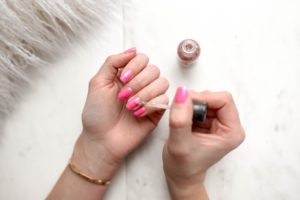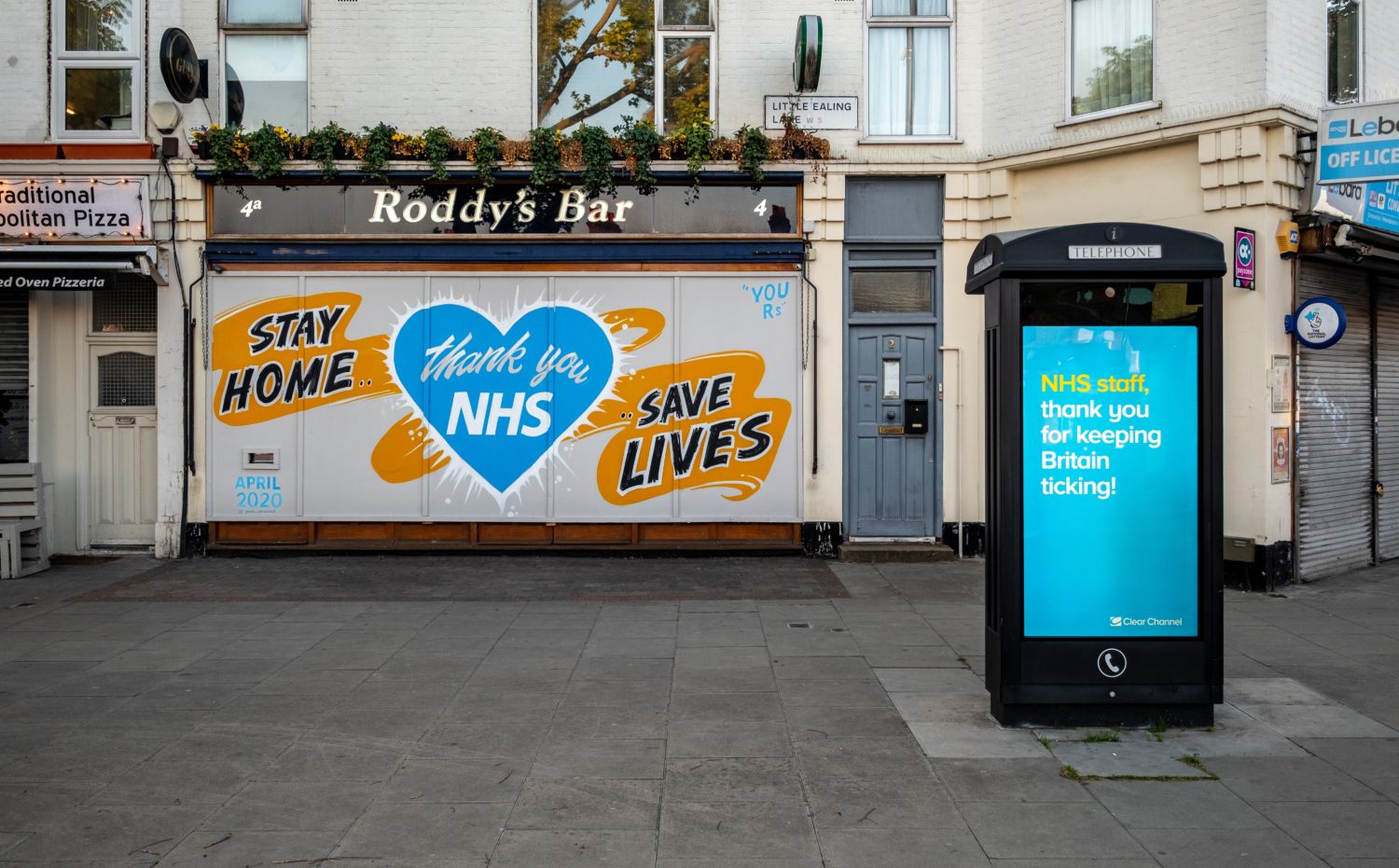Lockdown Stories,
as told by five AMAT residents
5. SUSAN
Lockdown changed Susan’s daily life quite considerably.
Susan first heard about coronavirus in February, from the news and from people talking about it at 411 HUB. Initially she wasn’t paying much attention as she was busy moving house; Susan has been an AMAT resident for almost four years since she lost her home and two children due to a relationship breakdown. In that time she has shared a house with six other residents, but the twice daily walk to her volunteering at 411 HUB in Chatham was having a negative impact on Susan’s health. So when the opportunity to move into a bigger room, with fewer housemates and closer to 411 HUB came about, Susan was pleased. But moving was quite stressful and having to cope with living in a new place without her familiar daily routines was difficult.
Before lockdown she volunteered with AMAT at least six days a week to keep herself busy and to help out. Being told to go home and stay indoors was devastating for Susan as she enjoyed the daily contact with AMAT staff and other volunteers.
‘Being told to go home because we were in lockdown was like a kick in the teeth… [from being very busy volunteering] suddenly there was nothing, it was ever so hard for me… I was gutted, being stuck in a room continuously’.
Not being able to see her two youngest children added to the stress of lockdown. Susan’s daughters live with their father, and both girls struggled to understand why they couldn’t see their mum or go to school.
‘I am high risk anyway because of my health, I have to be ever so careful, but not being able to see my little girls was so difficult. I must admit I had a couple of breakdowns, being a very emotional person… I didn’t see them for six weeks.’
While Susan was unable to see her girls, they talked on the phone every day, sometimes up to six times a day. Susan’s daughter ‘has this Alexa thing at her dad’s house, she would say ‘Alexa – ring mum’. She was ringing in tears the first few weeks as she couldn’t understand why she couldn’t go to school, she loves her school. [Like me] she can’t do changes either, it devastated her… and it was making me upset too.’
For Susan it was important to keep busy during lockdown as she finds sitting around difficult. So she would often spend the day listening to the radio while washing her bedding, sweeping the floor in her room or doing wordsearch books. Before lockdown Susan used to sing in the AMAT choir practise weekly, and missed it tremendously. So instead of choir practice she downloaded some songs onto her phone to practice by herself, which she did on a daily basis (to the amusement of her housemates). Susan also took up making bead bracelets again, a hobby she hadn’t done for a while but luckily had all the equipment for in her room. The activity Susan enjoyed the most during lockdown was painting her nails, which she did at least three times a week.

When the weather was nice Susan would often bring a fold-up chair outside to sit in front of her house to enjoy the sun, watch the quiet roads and do a bit of tanning. Being more of a music person, Susan didn’t watch a lot of TV during lockdown but she did put it on to watch the BBC news. She would also check her emails and Facebook daily on her smartphone, but would generally switch the internet off when she wasn’t using it to save on data. By budgeting both her monthly data allowance and her Universal Credit, Susan made sure she had enough to last her the month.
During lockdown Susan continued to worry about becoming infected with COVID-19 as her poor immune system would most likely mean ending up in hospital. Because Susan moved so shortly before lockdown, she was unable to register with a new GP. Hence, to collect her prescription medicine – 47 pills a week – she had to put on her face mask and catch a bus to Gillingham to go to the pharmacy.
When lockdown began to ease a little bit, Susan started seeing her daughters in their local park. This was a great relief for everyone, even though the girls struggled to understand why they had to continue to socially distance from their mum.
Looking toward the future Susan hopes that she can get her own flat so that her daughters can come and live with her, after almost four years of separation. But for the moment she just wants to return to volunteering with AMAT and get back to her normal, busy routine.
~
Acknowledgements
We are grateful to the AMAT residents who agreed to participate and to share their experiences of lockdown. All names and identifying details have been changed to protect their privacy.
Our thanks also go to Dr Anna Ludvigsen who listened to residents’ stories and complied them for this project.


